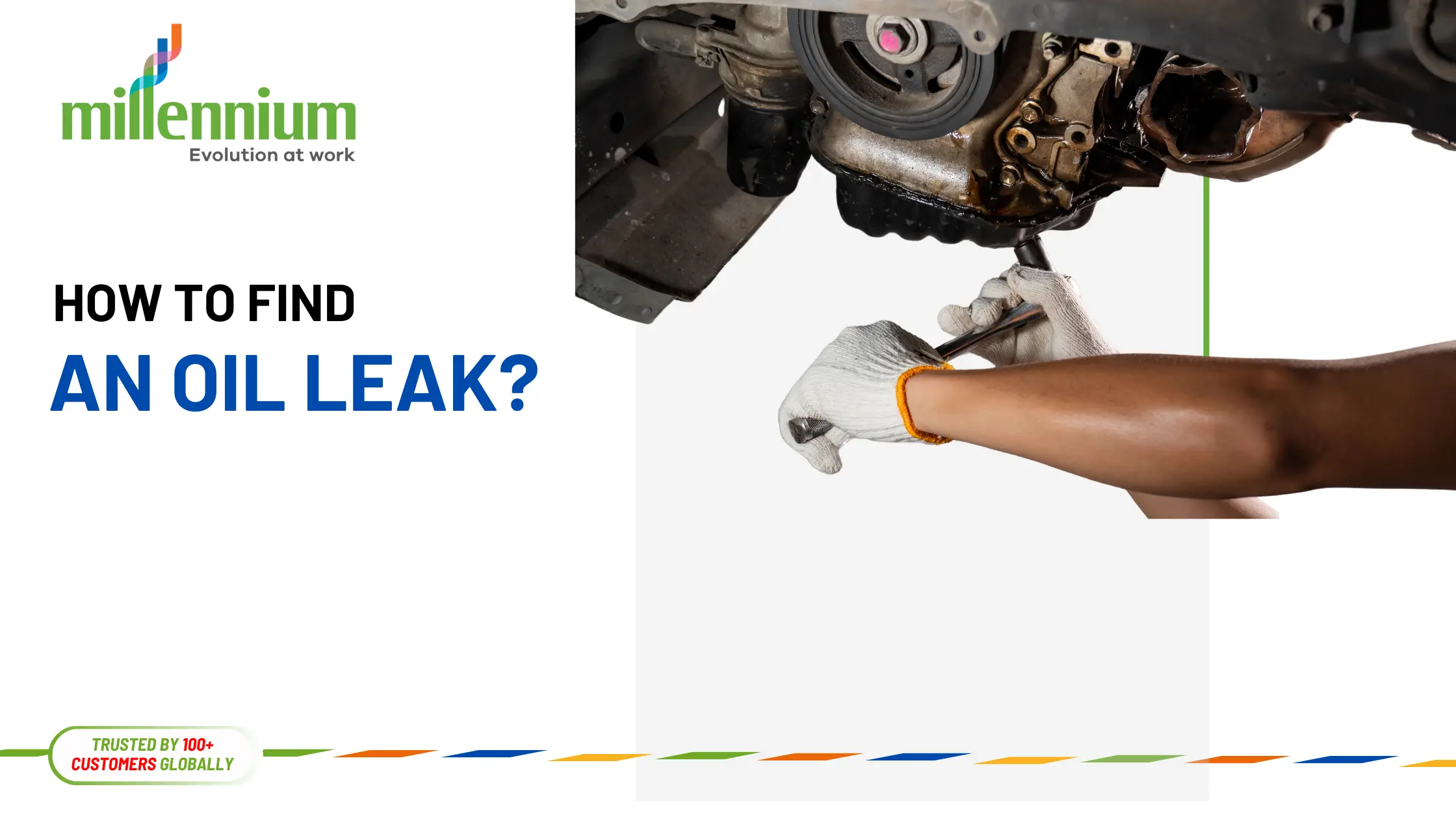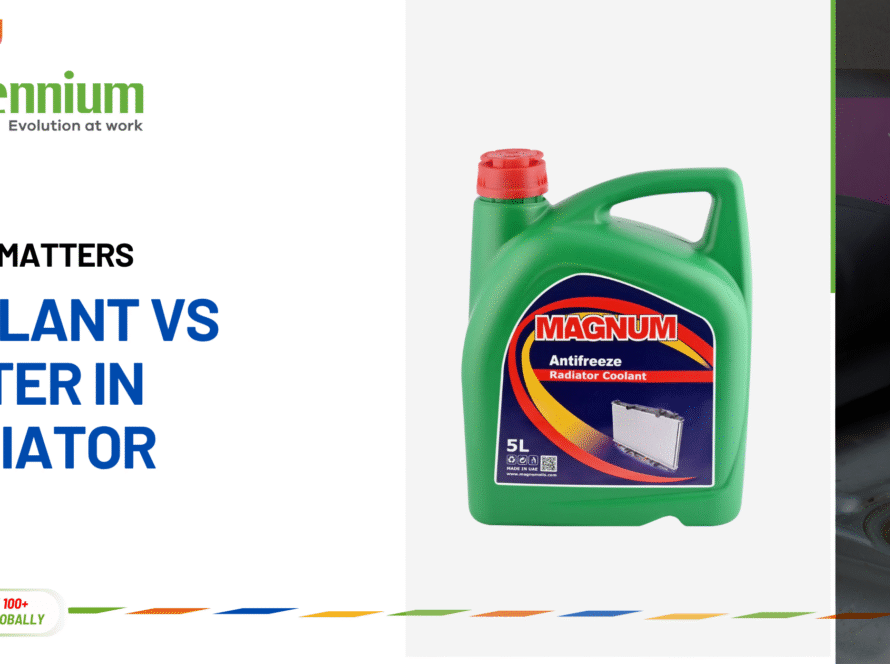There are several causes of oil leaks; therefore, it is always important to diagnose and address the problem. The most frequent causes are worn gaskets and seals. These elements are present to contain oil within the engine, but they are not very heat and pressure-resistant and, as such, will deteriorate or crack in due course.
Another thing we often experience is a cracked oil pan. The oil pan at the base of your engine can become cracked or dented, especially by elements such as rocks on the road or by driving erratically on bumpy ground.
Loose oil filters and those installed inadequately can also cause leakage of the oil or other special fluids being used in the vehicle. If this filter is not tightened well or becomes brittle, oil can escape from it. Another thing to bear in mind is the over-pressurization of your engine oil, and how, due to hydraulic pressure, the oil will find its way through weak zones of your engine. Also, older cars are more likely to leak owing to crank or camshaft seal breakdown, which can lead to excessive oil loss.
Signs of an Oil Leak in Your Engine
It is important to monitor your car for any oil on the ground because it will cost you loads of cash to fix your engine. One visible sign includes oil dripping beneath your car. If the surface of your driveway or your garage’s dark, greasy stains are apparent, you have a leaking issue. Another sign is if the car’s interior has an oily smell, like burnt coffee. This is most rife when dripping oil falls on hot parts of the engine, giving off a very bad odor.
Low oil levels are also believed to be inevitable due to leakage, which is among the most obvious signs of leakage. It often means a problem if you add oil occasionally, even if you are keen on servicing the vehicle. Another symptom is oil leakage, which drips on hot parts; for example, the exhaust manifold is seen through the smoke coming from under the hood. Many cars of today’s models come equipped with dashboard warning lights; for instance, oil pressure lights are illuminated due to leakage.
How to Detect an Oil Leak
Visual Inspection Method
Identifying the origin of a leak can indeed be a complicated process. In the case of oil, detection should follow the following techniques: A visual assessment is the first step in using the analytical hierarchy process. Step outside the car and crack open the hood: check the engine block, valve covers, and oil pan for damp, oily marks. Look for fresh oil droppings or stains on the floor along the car and generally below the car. It will be useful to check on the oil filter to make sure it is fitted correctly and does not leak.
Using Dye and UV Light
To get a better view, you can apply the dye-and-UV-light detection method. Pour a UV fluorescent dye on your engine oil, start it, and let it run for approximately 10 minutes. Then, he should use a UV flashlight to search the engine compartment. The dye will illuminate underneath the light and give the precise location of the leak. The advantage of this method is the possibility of detecting the leakage in blind spots.
How to Fix an Oil Leak
Stopping an oil leak is a process that depends on how serious it is as well as its location. If the problem is attributable to loose bolts on the oil pan or the valve covers, then tightening them with the correct equipment might do the trick. In the case of leakage due to worn gaskets or seals, such gaskets or seals must be replaced. To avoid future problems with leaks, always use high-quality parts to ensure you will get a well-fitting and long-lasting part.
If the oil pan is having issues, it either needs to be repaired using sealant or in some extreme situations, it will require an overhaul altogether. Likewise, if it is leaking from the oil filter, changing the filter with a new one will suffice. Where problems are a little more chronic, like leaks from the crankshaft or camshaft seals, it is advised that one seek professional help for servicing in order not to compound the problem.
Preventing Future Oil Leaks
The best way to prevent oil leakages starts by practicing routine vehicle maintenance. It is also possible for a car owner to check for these signs of a problem during oil change frequency or during service appointments. When making replacements, it is equally wise to use high-quality gaskets, seals, and oil filters to reduce or eliminate the chances of leaks. In addition, one should ensure that one is using the right amount of oil because overfilling puts the engine at the wrong pressure.
Daily driving also has its say in preventing leaks. It is important to avoid sharp driving or even running the car over parts and abrasives that may harm the oil pan. As advised by your car’s manufacturer, frequent oil changes extend the life of the compounds that build up in the engine and prevent sludge formation. If you follow these procedures, you will delay the time before major engine repairs are needed.



